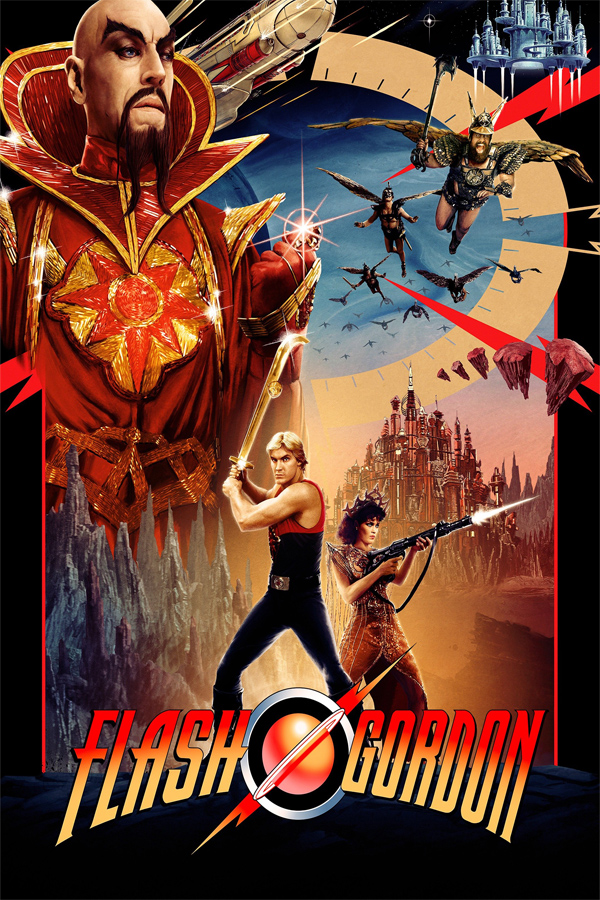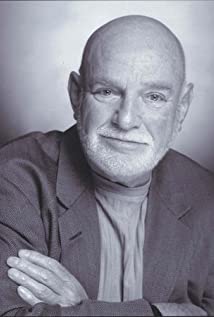John Schlesinger
Oscar-winning director John Schlesinger, who was born in London, on February 16, 1926, was the eldest child in a solidly middle-class Jewish family. Berbard Schlesinger, his father, was a pediatrician, and his mother, Winifred, was a musician. He served in the Army in the Far East during World War II. While attending Balliol College at Oxford, Schlesinger was involved with the Undergraduate Dramatic Society and developed an interest in photography. While at Oxford, he made his first short film, "Black Legend," in 1948. He took his degree in 1950 after reading English literature and then went into television. From 1958 through 1961, he made documentaries for the British Broadcasting Corp.
His 1960 documentary, Terminus (1961), which was sponsored by British-Transport, won him a British Academy Award and the Gold Lion at the Venice Film Festival. He made the transition to feature films in 1962, with the "kitchen sink" drama A Kind of Loving (1962), which got him noticed on both sides of the Atlantic. His next film, the Northern comedy Billy Liar (1963), was a success and began his association with actress Julie Christie, who had a memorable turn in the film. Christie won the Best Actress Academy Award and international superstardom and Schlesinger his first Oscar nomination as Best Director with his next film, the watershed Darling (1965), which dissected Swinging London. Subsequently, Schlesinger and Christie collaborated on Far from the Madding Crowd (1967), an adaptation of Thomas Hardy's classic novel, in 1967. The movie was not a success with critics or at the box office at the time, though its stature has grown over time. His next film, Midnight Cowboy (1969), earned him a place in cinema history, as it was not only a huge box office hit but also widely acclaimed as a contemporary classic. It won the Oscar for Best Picture and garnered Schlesinger an Oscar for Best Director.
Schlesinger earned his third, and last, Oscar nomination for the highly acclaimed Sunday Bloody Sunday (1971). He continued to operate at a high state of aesthetic and critical achievement with The Day of the Locust (1975), Marathon Man (1976) and Yanks (1979), but his 1981 comedy, Honky Tonk Freeway (1981), was one of the notable flops of its time, bringing in only $2 million on a $24-million budget when breakeven was calculated as three times negative cost. Although Schlesinger continued to work steadily as a director in movies and TV, he never again tasted the sweet fruits of success that he had for more than a decade, beginning in the mid-'60s.
Schlesinger's artistic fulfillment increasingly came from directing for the stage and, specifically, opera. He directed William Shakespeare's "Timon of Athens" for the Royal Shakespeare Company (RSC) in 1964, and after his movie career faded, he directed plays, musicals, and opera productions. After Laurence Olivier was eased out of the National Theatre in 1973, Schlesinger was named an associate director of the NT under Olivier's successor, Sir Peter Hall of the RSC.
Schlesinger suffered a stroke in December 2000. His life partner, Michael Childers, took him off life support, and he died the following day, July 24, 2003, in Palm Springs, Claifornia. He was 77 years old.
- IMDb Mini Biography By: Jon C. Hopwood
Born in Hampstead, London to Winifred and Bernard Schessinger, he has a brother Roger and a a sister Hilary. After education at Uppingham Public School he joined the Royal Engineers as a sapper and took part in an Army Review show as 'Cardino' a magician. On demob he went to Oxford where he made a 16mm film 'Black Legend' in which he had a part and which starred Robert Hardy, causing him to become an actor. He also acted in The Festival of Britain Touring Company which went to New Zealand.and on it's return co stared in the television series as Alan a'Dale. He then joined the BBC working on 'Monitor'. He turned to films making his directorial debut with 'A Kind of Loving', which was Alan Bates'first major role. Later came Midnight Cowboy which earned him his first Oscar. Whilst been known for his film work he's also involved in the theatre being an Associate Director of the National Theatre.

